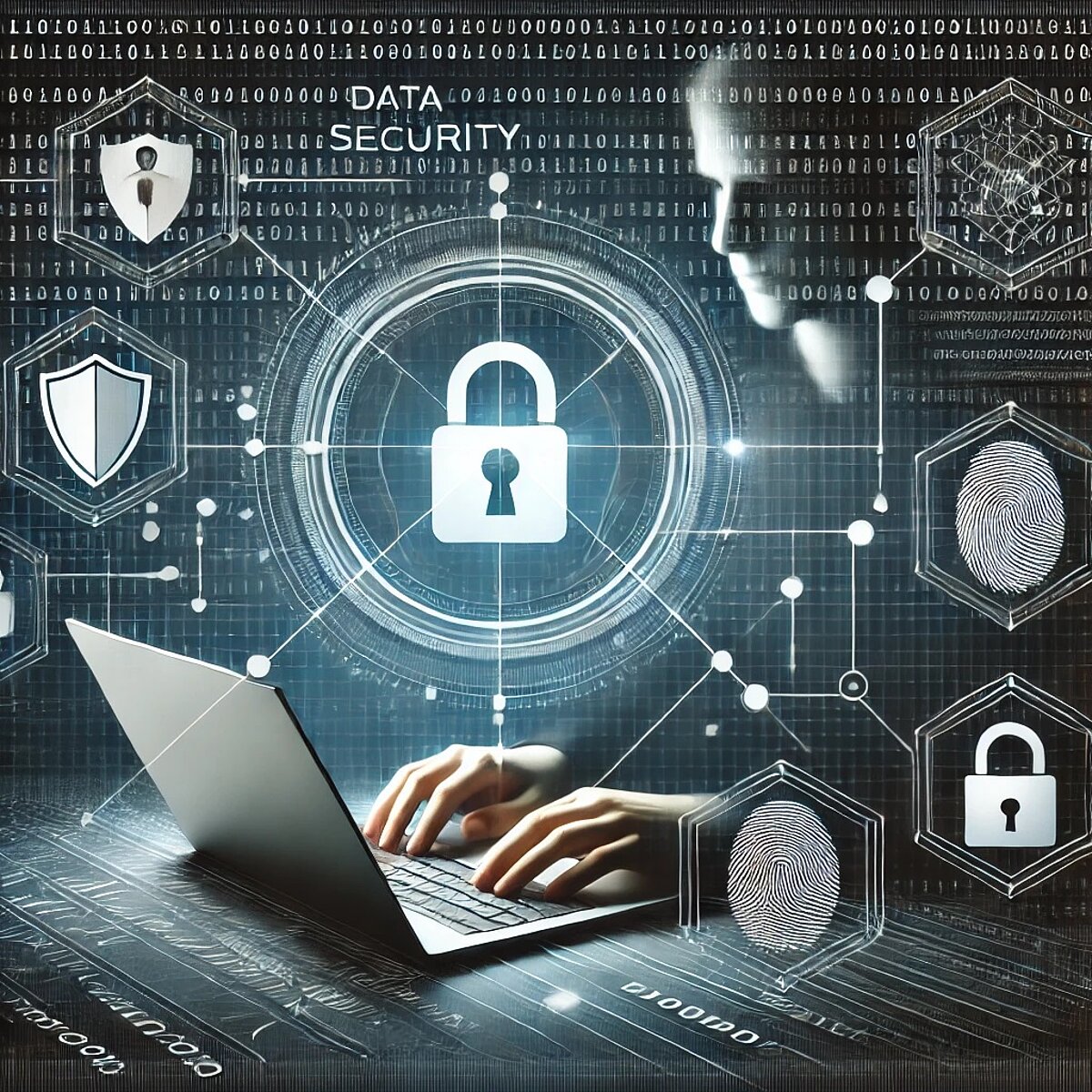In recent years, the cybersecurity landscape has undergone a radical transformation. The rising cases of hacking attacks and personal data theft have become major concerns for companies and individuals. Among the most alarming phenomena are dossier-making, a practice of gathering data for purposes of industrial or personal espionage, and digital identity theft, often at the root of fraud, financial scams, and blackmail. This article examines the mechanisms behind these crimes and proposes concrete solutions to reduce risks, protecting privacy and data integrity.
The Dossier-Making Phenomenon: What It Is and Who It Affects
Dossier-making involves gathering sensitive information to create detailed profiles of companies or individuals to influence, manipulate, or blackmail them. Recent investigations have revealed that criminal networks have breached company and entity archives, extracting sensitive data, including emails, bank data, passwords, and personal information. Once collected, these data are used to pressure individuals or companies or for industrial espionage, putting the reputation and safety of victims at risk.
Digital Identity Theft: What It Is and How It Happens
Digital identity theft is a crime where attackers use personal data, such as credit card numbers, tax ID numbers, or login credentials, to impersonate victims. This allows hackers to make purchases, obtain loans, access bank accounts, or even commit fraudulent activities in the victim's name. Techniques used include phishing, fake emails or messages, and social engineering, exploiting the victim's trust and lack of awareness to obtain confidential information.
Key Risks Associated with Data Theft
Data theft and dossier-making result in significant financial and psychological harm to victims. Direct damages include financial losses from unauthorized bank account access and fraudulent spending, as well as reputational damage that affects the standing of companies and individuals. Additionally, in the corporate arena, the theft of industrial secrets and strategic data can compromise a company’s competitiveness, influencing market position and brand reputation.
Protecting Yourself: Solutions and Best Practices
Here are some essential practices to prevent data theft and reduce dossier-making risks:
-
Use strong and unique passwords: Complex passwords and a password manager reduce the risk of unauthorized access. Avoid easy-to-guess passwords and change them regularly.
-
Implement two-factor authentication (2FA): This adds another security layer, requiring not only a password but also a temporary verification code, usually sent to the user’s phone.
-
Keep software and systems up to date: Software updates fix vulnerabilities that hackers could exploit. Outdated operating systems or software are more susceptible to cyberattacks.
-
Training and Awareness: Companies should train their employees on phishing and social engineering risks. Individuals should also avoid sharing personal information without verifying the request's legitimacy.
-
Continuous Personal Data Monitoring: Subscribing to identity theft monitoring services provides alerts for suspicious activities, like attempts to open bank accounts or unauthorized purchases in the victim’s name.
-
Use Encryption for Sensitive Data: For companies and professionals, data encryption is a protection measure that makes accessing confidential information difficult, if not impossible, even in the event of a network breach.
The Role of Cybersecurity in Preventing Cybercrime
Technological solutions are essential for effective security, and companies must invest in advanced cybersecurity tools. These include firewalls, intrusion detection systems, and abnormal network behavior analysis. Collaborating with cybersecurity experts and specialized consultants can help build robust infrastructures, limiting access opportunities for hackers and ensuring a multi-layered protection system.
Conclusion
In an increasingly connected world, protecting personal and corporate data is essential to prevent fraud, scams, and reputational damage. Dossier-making and digital identity theft are real threats requiring attention, awareness, and preventive actions. By adopting best security practices, training personnel, and investing in technology, it is possible to reduce risks significantly, protecting one's identity and data from malicious actors. Prevention is the most powerful weapon against cybercrime and ensures a safer and more protected digital environment for everyone.
E-Business Consulting is a marketing agency active for over 20 years in the digital field. Call now for a free, no-obligation consultation.














